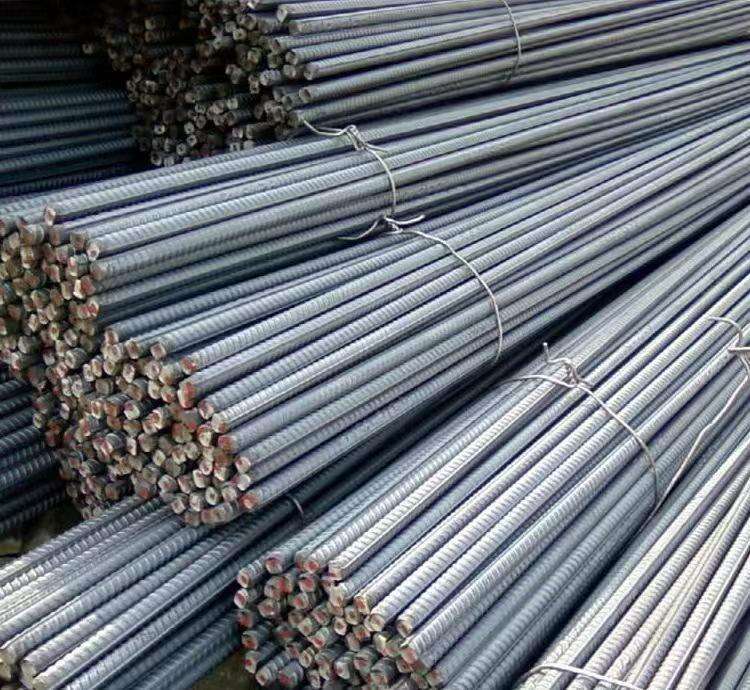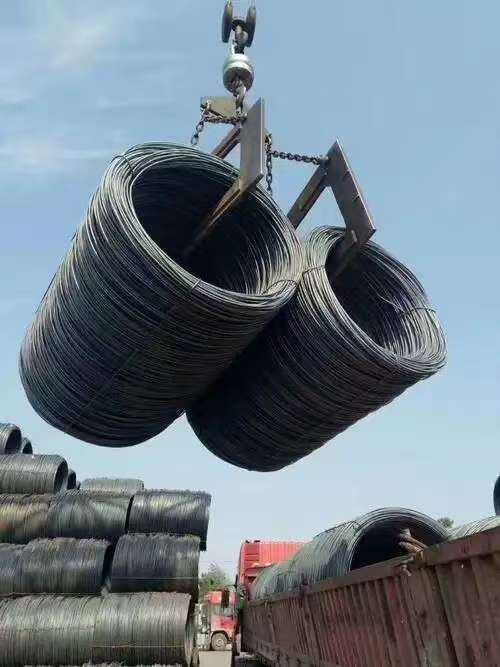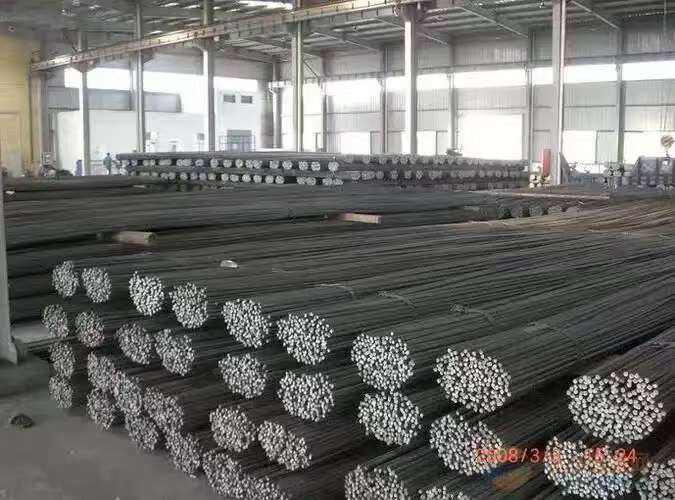cast alloy steel
Cast alloy steel represents a sophisticated engineering material that combines the versatility of steel with enhanced properties through careful alloying and casting processes. This material is produced by incorporating specific alloying elements such as chromium, nickel, molybdenum, and manganese into molten steel, followed by casting into desired shapes. The resulting material exhibits superior mechanical properties, including increased strength, improved wear resistance, and enhanced corrosion resistance compared to standard carbon steel. Cast alloy steel finds extensive applications in various industrial sectors, particularly in manufacturing heavy-duty components that require exceptional durability and performance under demanding conditions. The casting process allows for complex geometries and intricate designs while maintaining structural integrity throughout the component. These materials are extensively used in the production of industrial machinery parts, automotive components, mining equipment, and power generation systems. The controlled cooling process during manufacturing ensures optimal distribution of alloying elements, resulting in consistent mechanical properties throughout the casting. This material's ability to withstand high temperatures, resist mechanical stress, and maintain dimensional stability makes it an invaluable choice for critical applications where failure is not an option.




